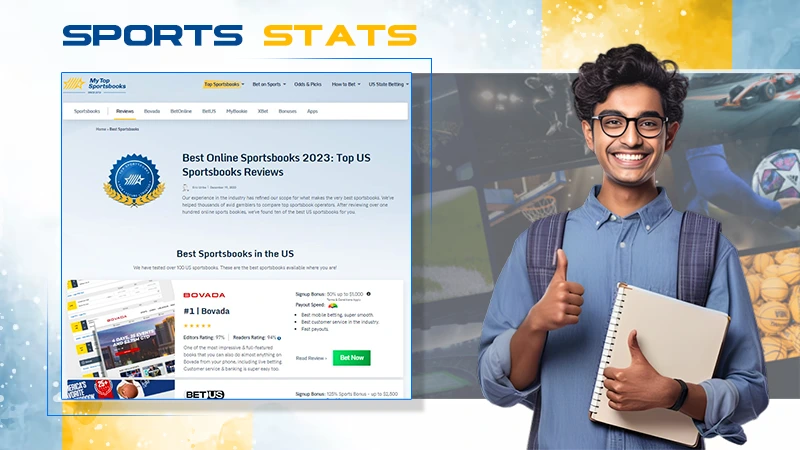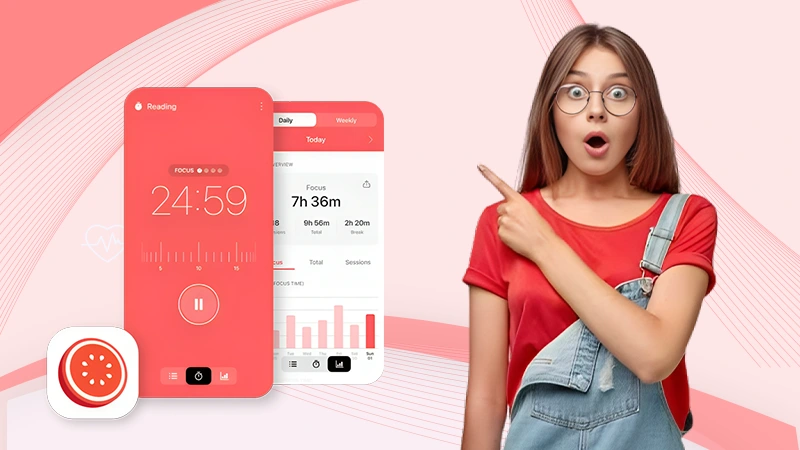Internet marketing is like chess: easy to pick up on the surface but challenging to master. When this dynamic occurs, website and ad campaign owners and managers may feel like they are wasting time and money. Online marketing is a lot like the game of chess because it requires careful planning and the intelligent deployment of all available resources.
Here are nine simple strategies to maximize the return on investment with a PPC Agency London and boost your marketing efforts.
Use Exact Keyword Matches in Certain Ads
To put it simply, keywords power pay-per-click (PPC) advertising. Consumer intent can be inferred from the keywords they use in online searches and the pages they view, more so than their demographics. PPC ads do better when they employ exact keyword matches. The ad will only appear if the user searches for that precise keyword, as no other terms are permitted when using an exact keyword match. This reduces the ad’s potential audience but ensures that those who view it are serious buyers.
For instance, to advertise the price of a 2006 Honda Civic, a dealer should use the keyword “2006 Honda civic price.” Whoever is looking for that phrase is probably interested in buying the car and wants to know how much it costs. They are the ideal target market for a well-designed advertisement emphasizing the car’s appealing features and affordable pricing.
Incorporate Negative Keywords
Fox News featured an article written for Entrepreneur.com with actionable recommendations that could indicate negative keywords are the deciding factor in cost savings from SEO. Selecting negative keywords with nearly the same care as your regular ones might result in significant cost savings.
Traditional negative keywords can be used to prevent spam searches, as your experiments will show. Use “protected use” negative keywords to steer visitors toward the correct ad.
If used properly, you may tailor your ads so that customers looking for a particular product of yours see something very different from those conducting broader searches, looking for your organization, or looking for your competitors. When used correctly, it lets you direct readers to the content most likely to resonate with them.
Target More Specific Locations with Geo-Targeting
Using Google Ads’ geo-targeting (also known as local PPC) feature, businesses may zero in on the specific places (like those within and close to their service areas) most likely to result in click-throughs and, thus, revenue for their ventures.
Also, by avoiding regions with higher ad expenses, brands can reduce their CPCs with this strategy. Plus, it can enable the usage of hyper-localized keywords and concepts that are likely to be used only by local individuals, which may result in higher engagement levels and reduced keyword costs.
Run Ads At Relevant Times
Advertising to the appropriate people is useless if they are exposed to it incorrectly. While it’s true that every audience is unique, there may be a pattern where advertising performs better at a given time of day. Ads on most ad networks can be scheduled for optimal viewing times and days. For instance, ads for local shoe stores may be timed to peak during popular NBA games if that’s when they get the most clicks.
Prioritise Your Most Important Campaign KPIs
Certain key performance indicators (KPIs) will be more significant for your company and its marketing strategy than others, depending on the ultimate goal of any given PPC campaign and the position of the intended audience in the marketing funnel.
For an ad aimed at raising brand awareness, a high CTR may be a major priority, but for a conversion ad, the focus will naturally be on actual sales. Before initiating a pay-per-click (PPC) campaign, it is vital to define its objective and select the key performance indicators (KPIs) that best measure success. If a given form of advertising successfully guides customers through the sales funnel, it can be regarded as successful overall.
Use Targeted Landing Pages
Only half the battle is won when a customer clicks on an ad. Clicking on ads isn’t profitable in and of itself. When consumers click on an ad, the landing page they are taken to is where the marketer will make or break the sale. Including videos on landing pages has been proven to boost conversions. Marketers should also test their landing pages to ensure customers can easily convert once they arrive. Users who click on different ads will be directed to distinct landing sites.
Utilise Keywords in Ad Copy
Both the ad copy and the demographic information should contain relevant keywords. If you want to grab people’s attention as they scan the ads, choose terms they might be searching for. The keywords may be highlighted in some way that draws more focus to the ad and encourages more clicks.
Boost Mobile Site Performance
In today’s always-connected digital environment, everyone is turning to their mobile devices to conduct online research and shop. Moreover, Google found that if a mobile website takes longer than three seconds to load, consumers are more likely to abandon it altogether. For this reason, it’s crucial that brand websites and landing pages not only function properly on mobile devices but also load quickly. If a potential customer visits a brand’s website and has frustratingly poor load times, they are likely to leave and never return, regardless of how effectively the brand’s pay-per-click (PPC) campaign produces clicks.
Track and Analyse the Results
Tracking its progress is an integral part of any pay-per-click (PPC) marketing effort. You won’t know the success or failure of your PPC campaign or where it can be improved unless you implement tracking. Numerous tracking and productivity aids are available. However, among the many available, Google Analytics stands out as a top choice. To assess the success of your PPC campaign and make adjustments as needed, you must implement thorough tracking. If you run your PPC campaign without tracking, you might as well be guessing.
Final Thoughts!
Adhering to these procedures can help your PPC campaign in many ways. One benefit is that it can reduce spending. Pay-per-click (PPC) advertising campaigns can quickly rack up costs if you aren’t attentive.
You may also ensure that your PPC campaign is as efficient as possible without squandering any money. The return on investment for your PPC campaign can be improved using these measures. You can take the actions above if you are unhappy with the outcomes of your PPC campaign.
Pay-per-click (PPC) campaigns have the potential to greatly increase site visits and, thus, conversions. However, PPC campaigns can be rather pricey, so you must maximize your return on investment (ROI) to make the most of your spending.
















